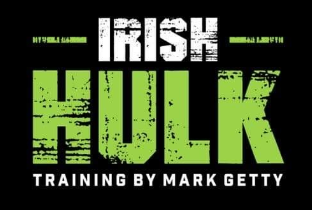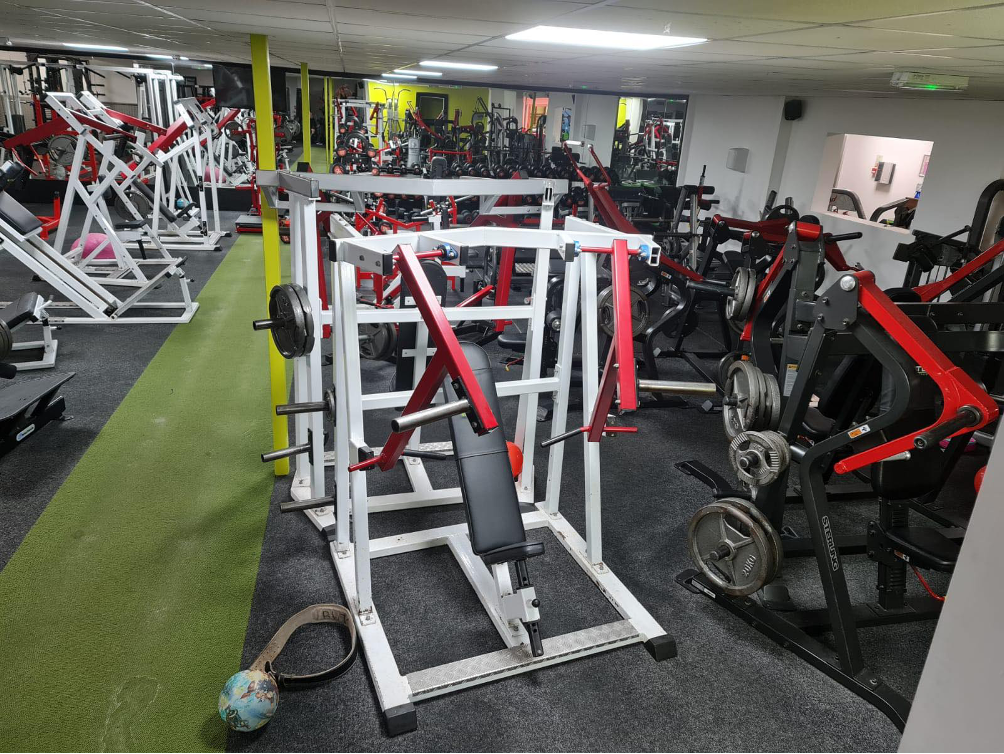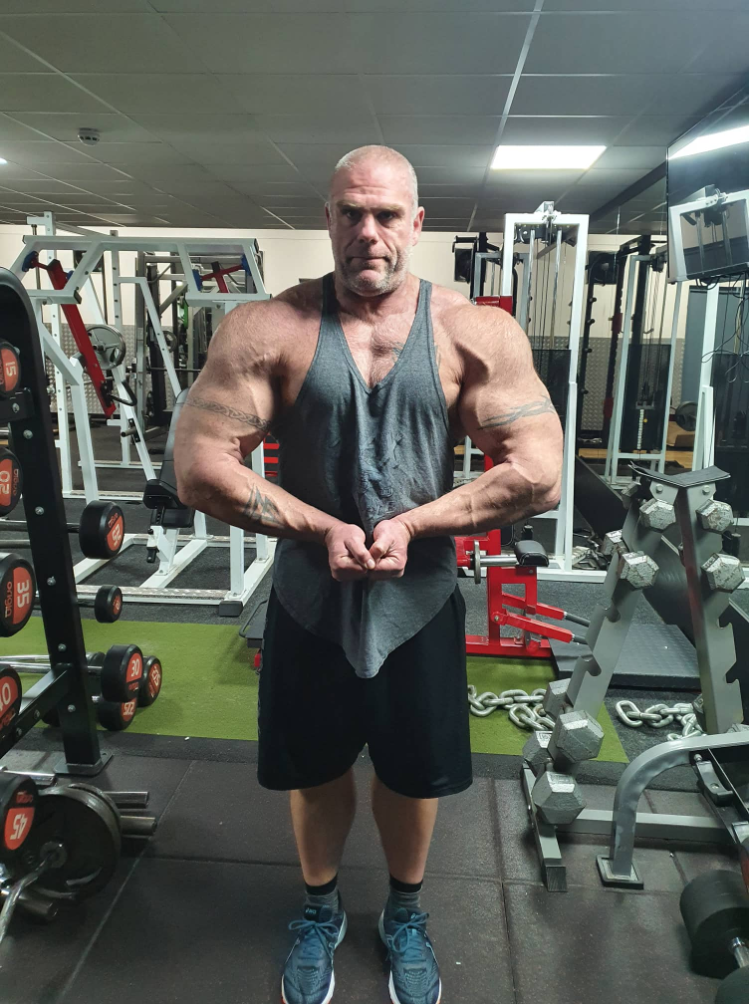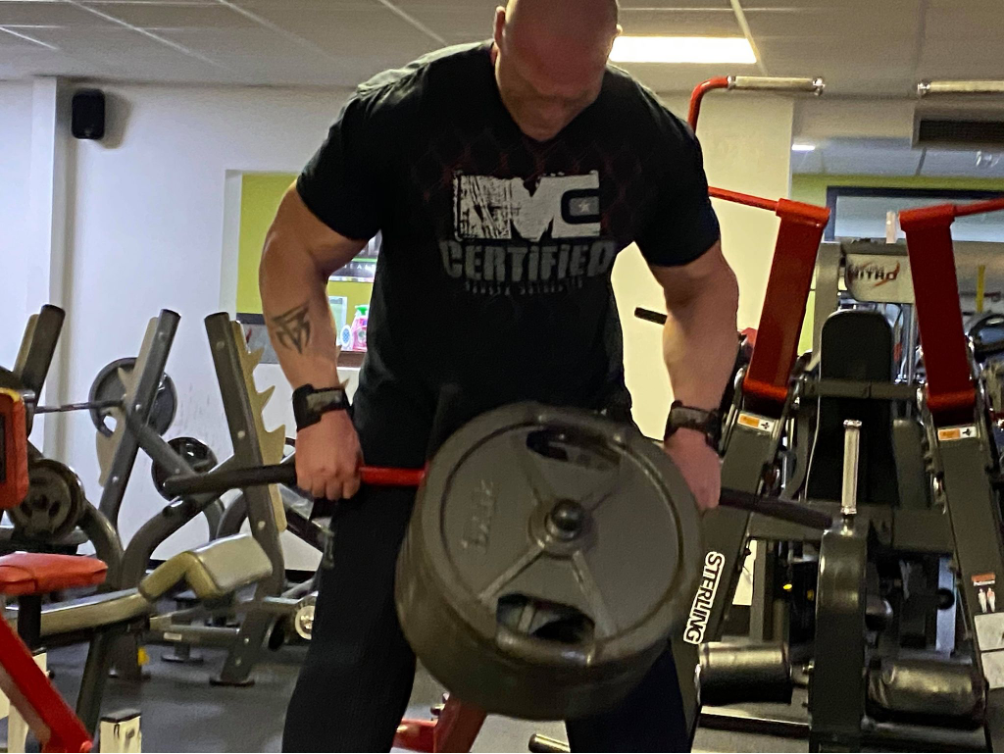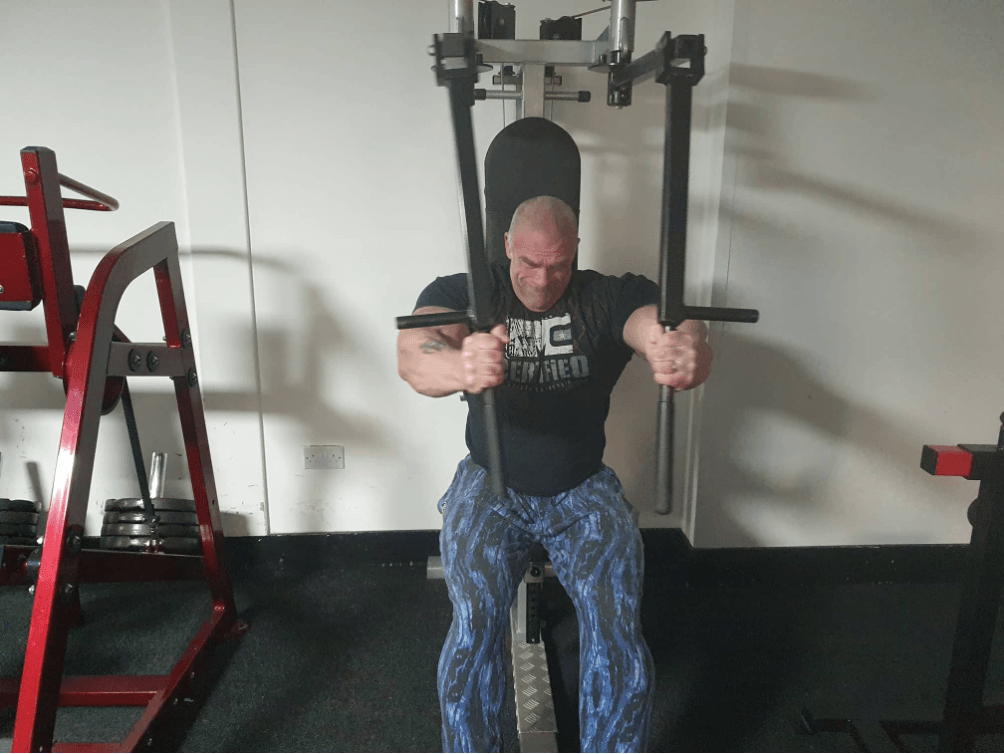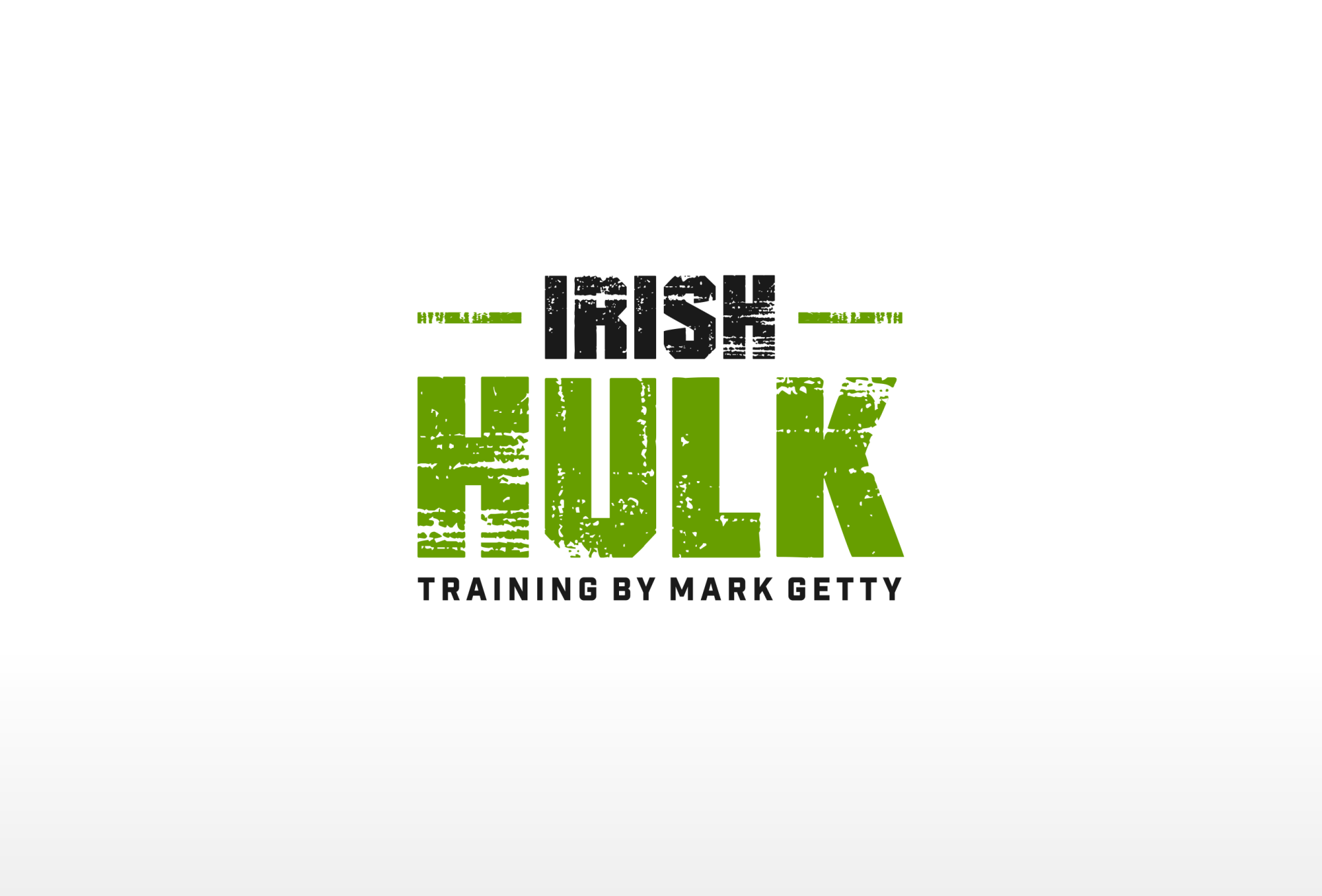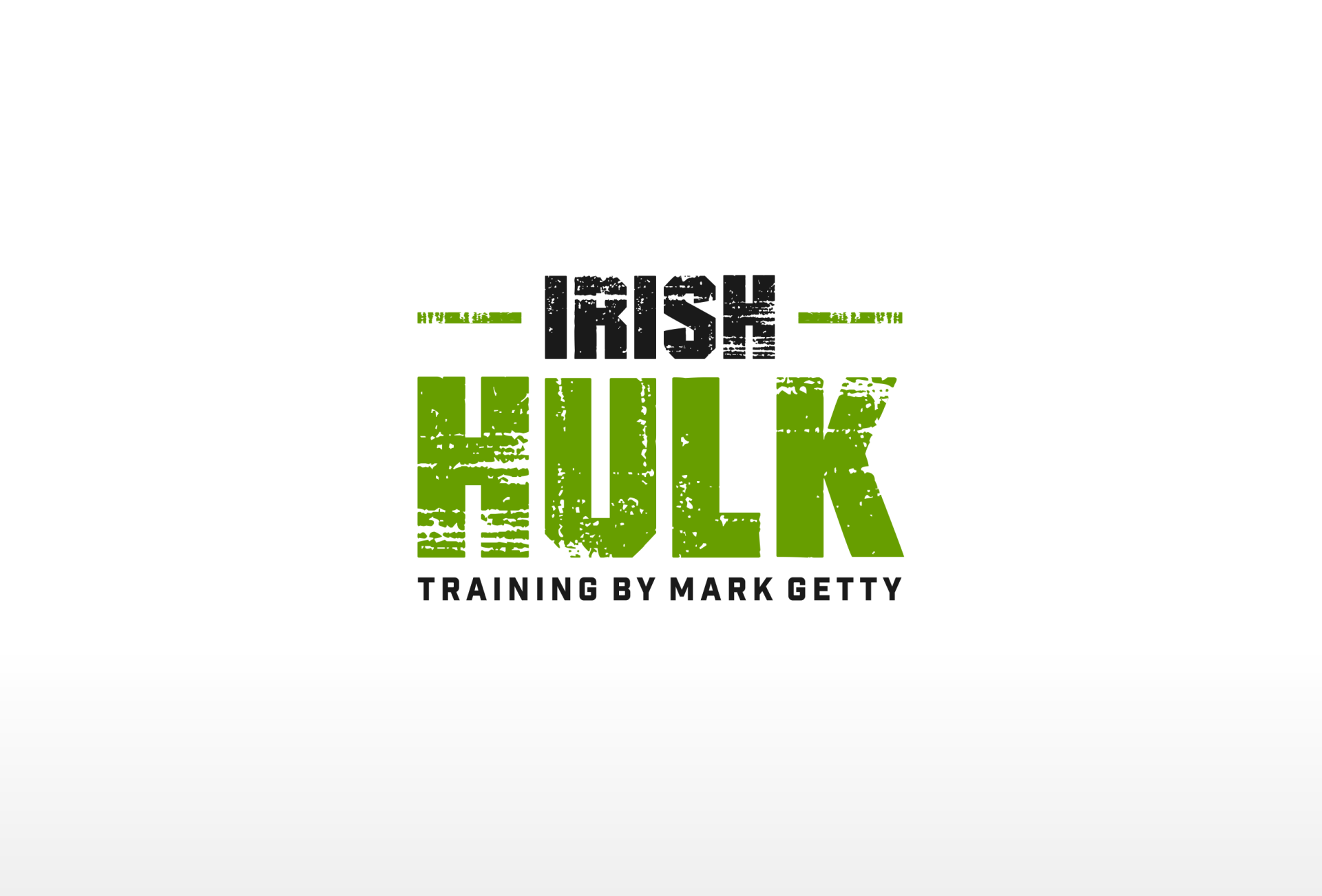How long should you train to gain muscle?
How long should you train to gain muscle? Will cortisol levels rise too high after 45 minutes? Let’s take a look.
Since you’re reading about the optimal training time for maximising muscle building, I’ll assume a few things about you.
Firstly, you would like to gain more lean tissue, and you want to make sure you’re doing everything possible to speed that up.
You also don’t want to spend any longer on a training session than you need to without sacrificing any progress.
You may also have heard that spending too long in the gym can have a negative effect on some hormones, namely testosterone and cortisol which in turn will potentially stunt muscle growth.
So, what is the optimal training session time for muscle growth? Let’s dive in.
How Long Should a Workout Last?
On Average it should take between 45-90 minutes to complete the required stimulation
I would love to say that’s it but their are many more factors to consider so I will use the old saying “How long is a piece of string?”
You can have an effective training session in as little as 30 minutes but you also could get great benefits from training longer, you should consider the following:
• Your Goals
• Training frequency
• Training type
• Training intensity
•
In this article we will dive a little deeper into each of these aspects in more detail to help you come to a conclusion and find out which training time is optimal for you.
Your goals?
We know your goal is to build muscle but do you know exactly how much muscle you need? Are you gaining muscle to look and feel better in yourself? Or are you planning to step on stage or do a professional photoshoot?
Why are you training? Are you wanting to get stronger and potentially compete in a strongman or powerlifting competition? Or are you simply interested in muscular hypertrophy and you don’t really consider strength and important goal, it could be a bit of both?
The goals you have will in turn dictate how long you train and of course the style of training and the training split you are doing.
Are you in a hurry?
Do you have a deadline for your muscle building goal? Some of you may be happy to play the long game, while others reading may have a short period of time where they have to do as much as humanly possible to pack on muscle by a certain date and need the fastest route to growth.
With the global situation at the moment, muscle building may not be your main priority right now, You may have a business, family or simply just a lack of energy to commit and you’re happy to take it a little slower.
Training Frequency?
This is a big one, it should be obvious to you that if you are training once or twice per week you will need to commit more time to each session that you would if you were training 5 or 6 times per week so that you are making the most of your frequency.
You may be able to spend 90 mins twice per week or 30 mins 6 times per week and in that case it comes down to your other goals and commitments outside of training and gaining muscle.
In this scenario it’s important to look at the bigger picture because although they seem like vastly different training schedules, you would actually be committing 180 mins to training in both instances.
Training Type?
The type of training you employ and some of the methods you do will also have an impact on the effectiveness of your time. Take this as an example, Person A may do a 60 min training session and use single sets and a set rest period in between, while Person B makes use of super sets, drop sets and other methods which will ultimately make their time more effective meaning they training for a shorter period.
Training Intensity?
If you are a beginner you will find it easier to gain muscle than someone who is an experienced trainer and already has a good amount of muscle but wants more mass or is fine tuning. As a beginner you will also not need to train at the same intensity as a more experienced trainer to get results.
The longer you train, the harder it will be to keep progressing at such a rapid rate and that can become frustrating. After a while it comes down to consistency and fine tuning but also ensuring that you are progressively overloading on your training intensity.
People also respond differently to different training programs. Person A may need more work than person B to generate the same amount of muscle growth. As a result, they’ll need to spend longer in the gym.
Unfortunately, We cannot give you a definite amount of time you need to spend in a gym. It will differ person to person.
Looking back at the topics we just discussed, you can see why I am unable to tell you that you should spend 30 mins or 90 mins in the gym definitely, what I can tell you is that you need to test and measure times that work for you and most importantly, times you can commit to on a regular basis.
But, I read 45 mins is optimal……?
You may read that there is an optimal time from different sources. People believe based on personal experience that they have found a one time fits all.
The workout police, however will tell you that if you train for longer than 45 mins, testosterone levels will plummet, cortisol levels will rise and you’ll be sucked into a catabolic black hole from which you’ll never escape.
plan
The idea that you are never coming back from a catabolic disaster if you train over a certain time period is ridiculous.
Pay not attention to these articles, they are wrong on so many levels, most notably from the fact that it has on no level had any conclusive scientific backing. In fact, some workouts lasting more than 90 minutes have been shown to raise testosterone above resting levels for at least two hours after the workout has finished.
What’s more, the idea that the short-term hormonal response to training has a big impact on muscle growth is something that’s been called into question in recent years.
In one study on the subject, researchers analysed data collected from 56 men who took part in a 12-week resistance training program.
If the post-exercise change in testosterone levels was important as far as building muscle is concerned, you’d expect to see two things.
• Guys with the largest post-training testosterone response would build the most muscle.
• Guys with the smallest post-training testosterone response would build the least muscle.
But when they looked at the data, the researchers could find no significant link between the exercise-induced rise in testosterone levels and gains in muscular size or strength.
What About Cortisol?
Cortisol is generally considered a “catabolic” hormone that you should take all possible steps to avoid. If the post-exercise rise in cortisol was putting the brakes on muscle growth, you’d expect to see men with the largest rise in post-exercise cortisol gaining the least amount of muscle. Instead, the opposite was true.
There was a weak but significant link between the rise in cortisol and gains in lean body mass, as well as the growth of the type II muscle fibres.
In other words, subjects with the biggest rise in cortisol levels were also the ones who gained the most muscle.
Drilling further down into the results, subjects in the study were also divided into responders (men who built the most muscle) and non-responders (those who built the least muscle).
And the hormonal responses of those who made the fastest gains in size and strength were not significantly different to those who made the slowest gains.
Or to put it another way, the hormonal response of subjects in the top 16% in terms of muscular gains were no different from those in the bottom 16%.
So why are people saying that 45-60 minutes is as long as your workout should last?
Where Did the Myth Get Started?
The idea seems to have originated with Bulgarian Olympic lifting coach Ivan Abadjiev. Over a 20-year period, Abadjiev turned a weightlifting team that struggled to win anything into one that won numerous European, World and Olympic titles.
Rather than train once a day for several hours at a time, the Bulgarians would train numerous times both in the morning and in the afternoon, with each training session lasting from 30 to 45 minutes.
The protocol was based on Abadjiev’s claim that elevated blood testosterone levels could only be maintained for between 30 and 60 minutes, with the average being 45 minutes.
Whether or not he actually believed this himself is hard to say.
Nicknamed “the Butcher” for the extreme level of dedication and commitment he demanded from his athletes, rumour has it that Abadjiev’s need for control was vast.
He once had a rebellious pupil sent to the military to work from dawn to dusk in a stone quarry.
Keeping them in the gym all day may have had a lot less to do with testosterone than it did with imposing discipline and control on his athletes.
Big Beyond Belief
Many of the principles employed by the Bulgarians were popularised in a book published in the early 1990’s called The Bulgarian Power Burst System. Later editions had different titles, such as Big Beyond Belief.
The book sold thousands of copies via its famous “I’ve got to get this off my chest before I explode” advertisement, and became one of the most successful self-published bodybuilding guides of all time.
It went on to influence a number of writers, many of whom simply regurgitated the fictitious “testosterone levels drop after 45 minutes of lifting weights” advice before checking whether or not it was actually true.
That’s not to say you should be training for hours on end. Plenty of people are wasting much of their remaining time on this planet doing endless sets of pointless exercises, but cutting your workout short simply because you’ve been in the gym for 45 minutes makes absolutely no sense at all.
Final Thoughts
So, what’s the bottom line? How long should a workout last if you want to gain muscle as fast as humanly possible?
On average, it’s going to take somewhere between 45 and 90 minutes.
With some programs, an effective workout might last around 30 minutes. With others, it might take you a couple of hours, especially if you’re resting for long periods between each set.
As long as your overall training program is set up properly, the length of your workouts isn’t something you need to spend any time worrying about. Let it take as long as it takes to get the job done.
